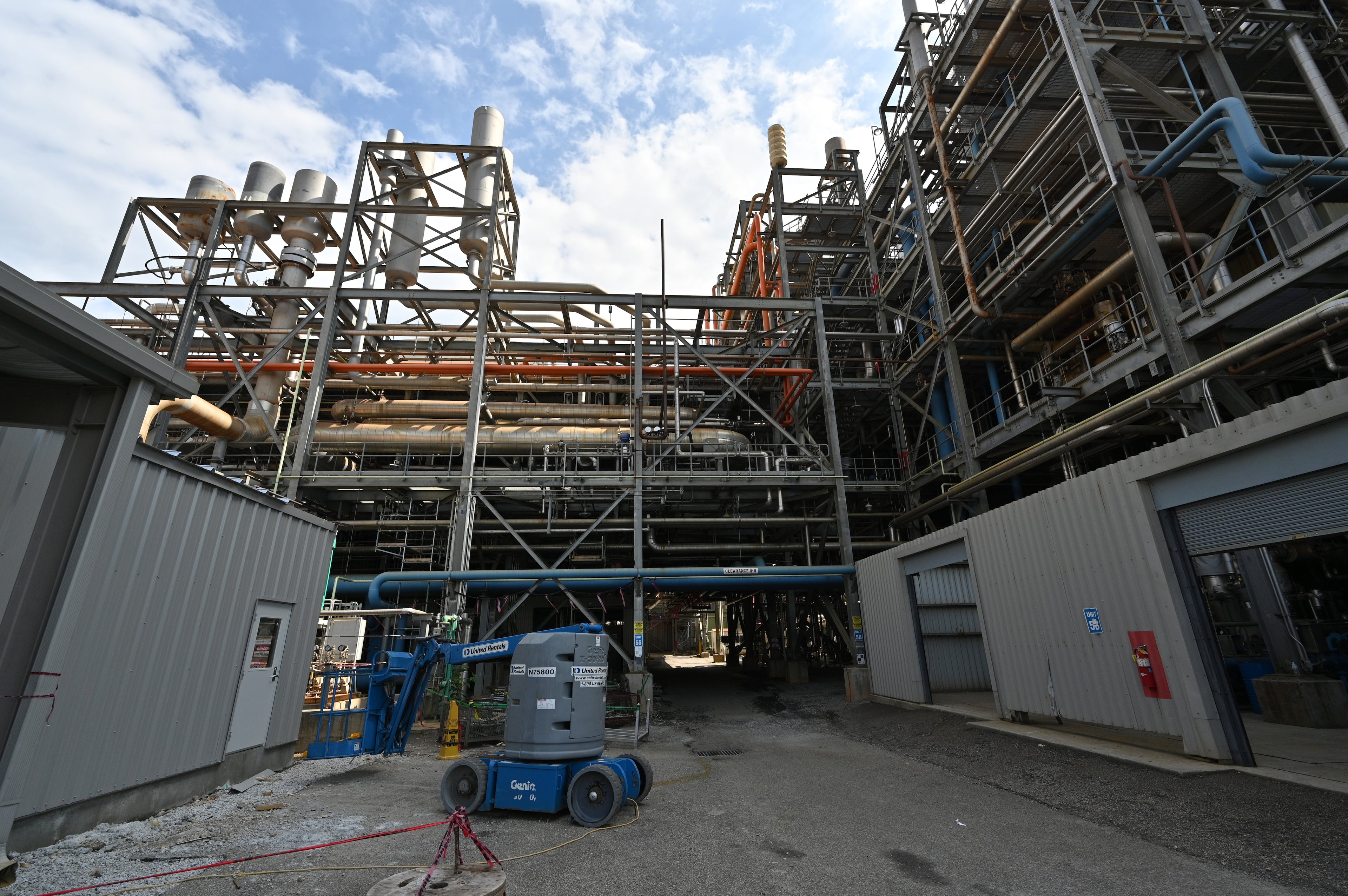China no longer nuts over Georgia goobers

China’s abrupt decision to enforce tariffs on imported peanuts has doused hopes for a banner season for Georgia’s peanut growers.
In April, China all but quit purchasing U.S. peanuts after a whirlwind buying spree that had farmers from Donalsonville in southwest Georgia to Sylvania near the South Carolina line counting their blessings and profits. Peanut industry honchos blame China’s sudden enforcement of a 15 percent import tax and 13 percent value-added tax on peanuts.
U.S. brokers and shippers had sidestepped the taxes by shipping peanuts to Vietnam. The Vietnamese would either transship the peanuts on to China or turn raw peanuts into cooking oil. Both products would then enter China duty-free.
“Our smart Americans shipped to Vietnam (where) they violated the tariffs,” Tyron Spearman, executive director of the Peanut Buying Points Association headquartered in Tifton. “The Chinese found out and stopped all shipments.
“We’ve got ships taking peanuts to China and they refused them,” he continued. “They’re sitting out there on the docks trying to find somebody else to buy them.”
The sudden turnaround, blindsiding growers, dashed what was shaping up to be a promising year for Georgia’s $1.2 billion peanut industry.
Georgia farmers produced a bumper crop last year of 1.6 million tons of peanuts harvested across a 70-county swath of Georgia’s midsection. Nationwide, the 2012 crop was 84 percent larger than the previous year.
Strong supply pushed prices to 46 cents per pound in December, down from $1.15 per pound the year before and low enough to attract Chinese buyers.
China is the world’s largest peanut producer, but rising demand by its burgeoning middle class for peanut oil — a higher quality cooking oil — outpaced domestic supply. And India, the Communist behemoth’s main peanut supplier, suffered drought and reduced exports.
Late last year, waves of Chinese buyers scoured southwest Georgia inspecting warehouses and shelling operations and offering cash advances. Chinese buying delegations began showing up in Albany, Donalsonville and Tifton, writing six-figure checks and opening a pipeline into the lucrative Asian market.
Warehouses filled to the roof with peanuts were emptied. Shelling companies hired like crazy. Trucks ran around the clock ferrying peanuts to the Port of Savannah. Containers full of Georgia’s No. 2 row crop (after cotton) waited for ships heading back to Asia.
“We couldn’t shell ‘em fast enough,” said Spearman, whose association buys peanuts nationwide and stores them until a buyer is found. “They wanted more to start with, but we just couldn’t deliver.”
In March 2012, the Chinese bought 20 metric tons of U.S. peanuts. Last March, they bought 771 metric tons, according to the U.S. Census Bureau.
Vietnam, a free-trade conduit to the Chinese market, didn’t buy any American peanuts in March 2012. This March, the Vietnamese bought $28 million worth.
“Farmers were liking it; farmers were loving it,” said Joe Boddiford Jr., a peanut, cotton and corn farmer, graduate of the Massachusetts Institute of Technology and owner of the Sylvania Peanut Co. 200 miles east of Atlanta.
With China calling, Georgia growers expected to double, if not triple, exports this year. Warehouses filled with the 2012 crop would empty. Wallets would fill up. China would single-handedly boost the Georgia peanut industry.
Boddiford, 63, who lost his right thumb to a bulldozer’s fan blade, likened China’s appetite for goobers to the Asian giant’s recent love affair with Georgia pecans. The Chinese gobbled up one of every five pecans produced in this country last year — Georgia is the top producer — spending an estimated $140 million.
“There’s a growing interest and market in China for high-quality imported agricultural products as the Chinese middle class grows,” said Patrick Archer, president of the American Peanut Council, the industry’s trade group in Washington. “Everyone is very pleased that our abundant supply and their demand coincided. That was very fortuitous.”
And short-lived.
By April, following the tariff crackdown, the Chinese buyers had gone home and brokers’ long-distance phone calls weren’t returned.
“It was good for a while, then all of a sudden it stopped,” Spearman said. “The Chinese bubble burst.”
The drop in demand means last year’s bumper crop of peanuts won’t turn into peanut butter anytime soon.
“This warehouse is basically packed completely full,” Boddiford said, prying open a metal door to showcase a mountain of unsold peanuts. “It’ll take another five or six months before we get through with it. Some years that hurts. Some years that helps.”
Farmers have slashed peanut plantings this spring. Nathan Smith, an agricultural economist with the University of Georgia, expects the state’s farmers to plant 500,000 acres of peanuts this year, about a third less than last year.
Boddiford is left to wonder what happened and if the once-promising Asian market will ever return.
“Nobody knows what China will do,” Boddiford said, surveying his 2,200 acres of crops from behind the wheel of his Chevy pickup. Lightning flashed in the distance. “The market may not be as big as we hoped for. But I do think China will be a bigger and bigger player.”


